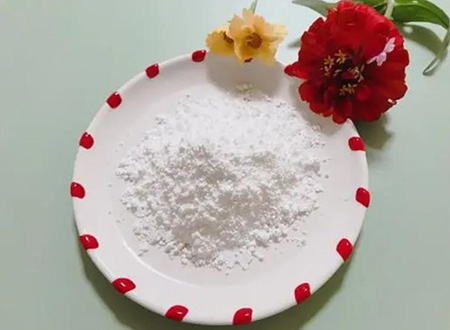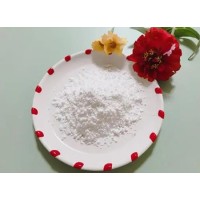What is the effect of zinc carnosine in the treatment of gastritis and gastric ulcer
Zinc carnosine is a chelate of zinc with carnosine, not a simple mixture of carnosine and zinc. Zinc carnosine can selectively and persistently attach to the gastrointestinal wall of ulcers, which is beneficial to the anti-inflammatory and healing of ulcers.
Zinc carnosine is a chelate of zinc with carnosine, not a simple mixture of carnosine and zinc. Zinc carnosine can selectively and persistently attach to the gastrointestinal wall of ulcers, which is beneficial to the anti-inflammatory and healing of ulcers.
Zinc carnosine will eventually be slowly decomposed into L-carnosine and zinc, both of which are nutrients needed by the body, so the safety is good, and using a reasonable dosage does not burden the body.

In addition, zinc carnosine has these effects:
1. Protect the gastric mucosa and promote the resistance of gastric cells to alcohol;
2. Relieve indigestion without inhibiting gastric acid production;
3. Inhibit inflammation through the release of pro-inflammatory cytokines. In addition, L-carnosine, which is slowly decomposed into it, has strong antioxidant properties and can also assist in anti-inflammatory;
4. Balance gastrointestinal flora, assist antibiotics to inhibit pylori;
5. It can also be used as a zinc supplement.














